America's sad immigration situation seems to make headlines every other day. Unfortunately, as mainstream media struggles to survive the early 21st century, it eschews thoughtful analysis for sensationalist headlines. This gives amoral idiots like Tom Tancredo too much ink.
This post repeats a comment TheRaven added to an immigration discussion held by the web's most enlightened community. Click here to access.
****************************************
Immigration is a central narrative in my life and it is a primary narrative in the American Experience. I am, therefore, enraged to the point of speechlessness when 19th century anti-Irish invective is recycled against Central & South Americans. Anti-immigrant rhetoric has been nothing more than simple pride in ignorance over the 85,489 days since America was born.
I'll try to put the legal status of undocumented residents in an appropriate macro context with a moral fable.
Once upon a time, in America...
...there were two towns named Whiteville and Brownville. The residents of Whiteville needed a new community center, however, they were hard-pressed to fund the project. Their tax rates were onerous and because Whiteville residents were obsessed with appearances, much of their disposable income went to essentials such as RVs, SUVs, John Deere lawnmowers, swimming pools, $50,000 bathrooms and $100,000 kitchens. Many Whiteville folks were heavily in debt, but they sure looked prosperous. A campaign to fund construction reached only 50% of its goal. Whiteville was shocked and appalled. In desperation, city fathers met to find a solution.
Prosperous Whiteville had a 5% unemployment rate. Brownville unemployment was the same - with an appended zero. Whiteville residents were largely educated and employed in white-collar professions. Brownville was full of carpenters, dry wall installers, roofers, landscapers and masons, with a sprinkling of electricians and plumbers. Brownville folks had provided construction labor to Whiteville for a long time. Whenever a Whiteville person would disparage the limited formal education found in Brownville, they'd usually end with "...but they sure do work hard! Brownville people were devoutly Christian (and largely Catholic), a fact which seemed oddly lost on Whiteville, which was devoutly Christian (but largely Protestant).
With families to feed, the Brownville tradesmen banded together and pitched Whiteville an offer that couldn't be refused. They'd build the community center at rock-bottom wages. Their skill, efficiency and willingness to work for a fraction of what Whiteville trades people were typically paid meant that the community center could be built for only 50% of budget. The offer was accepted. A project manager from Brownville was appointed because Whiteville people communicated only in business cliches, which trades people didn't quite grasp. The community center's architect was, of course, from Whiteville.
The project manager proved quite competent, with thorough knowledge of construction techniques and regulatory compliance. Permits were obtained for every phase of the work. Whiteville building inspectors were amazed at the quality of construction and found little wrong. All problems noted were immediately corrected, without argument. The Community center was completed ahead of schedule and slightly under budget. A grand unveiling was scheduled.
And then, there was a problem.
Whiteville's official motto was Progress through Conformity. City fathers had enacted thousands of small regulations over preceding decades aimed at furthering such goal. Each rule was well-intended but in a macro sense, largely frivolous. Bowing to the community's strongly expressed desire to maintain proper appearances, they expanded construction codes to include cosmetic items, with special attention given to window treatments.
The project manager was not aware of permit and inspection requirements for window treatments. While the community center's foundation was solid, its framing was sound and its mechanical systems perfect, its window dressing was completely non-compliant. An uproar ensued. Editorials were written excoriating the project manager's lack of knowledge regarding crucial regulations. Because few people in Whiteville had ever worked in the skilled trades, the essential qualities of the community center were never discussed, but its safety was repeatedly impugned.
The city council met in a special session to resolve the crisis. They debated the functional worth of the community center versus the importance of window dressing. Was it more important that Whiteville youth had a safe recreational environment or that Whiteville's code book be followed to the last letter?
The mayor stepped in after the council became hopelessly deadlocked. He was, by trade, a trial lawyer, well-versed in clever arguments that appealed to core values found in the average Whiteville jury. There was only one possible solution and his eloquence could easily sell it.
"Window dressing is the core of Whiteville's community identity" he intoned. "Window dressing is enshrined in our rule of law. It is, in fact, who we are!" The only solution, he explained, was that the community center would have to be torn down and rebuilt, with the new project funded by a bond issue; funded in turn by higher taxes. He viewed such wanton destruction as a fair price for preservation of window dressing.
By unanimous vote, the council agreed.
Thanks!
7 years ago





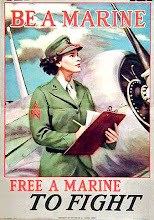
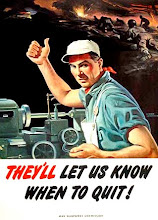
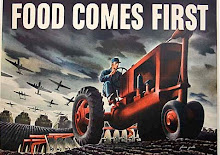
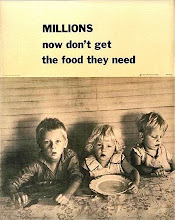


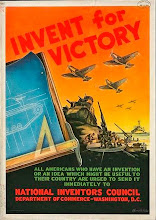
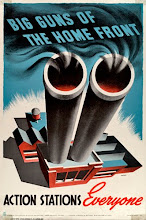
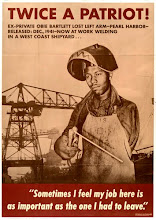
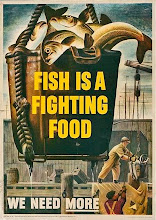
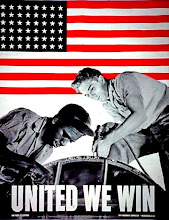

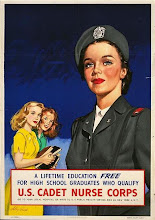
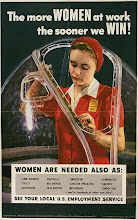
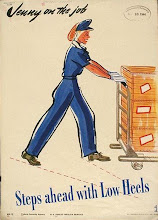
+breed+danger+6x8.jpg)
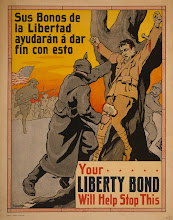

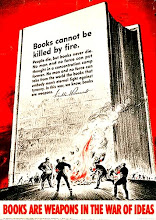
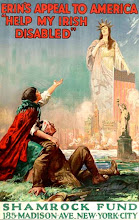
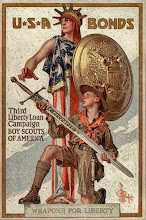

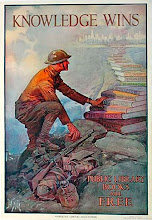

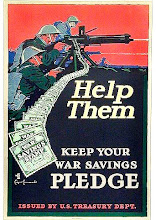
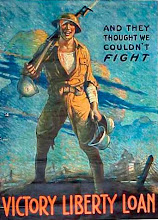
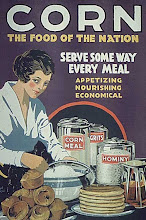
+5x7.jpg)
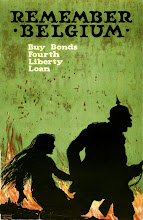
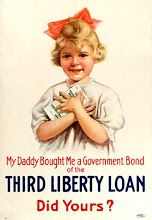
No comments:
Post a Comment